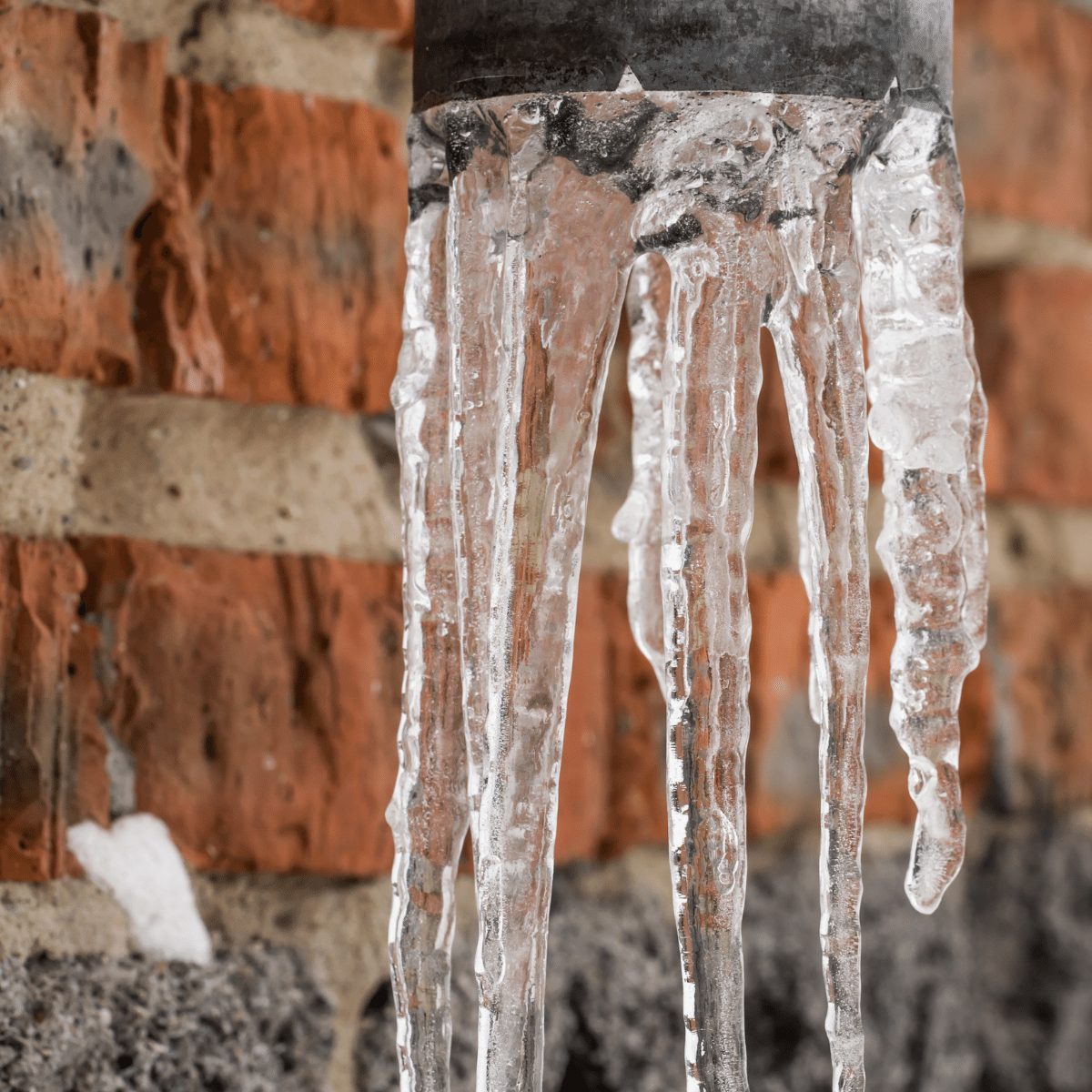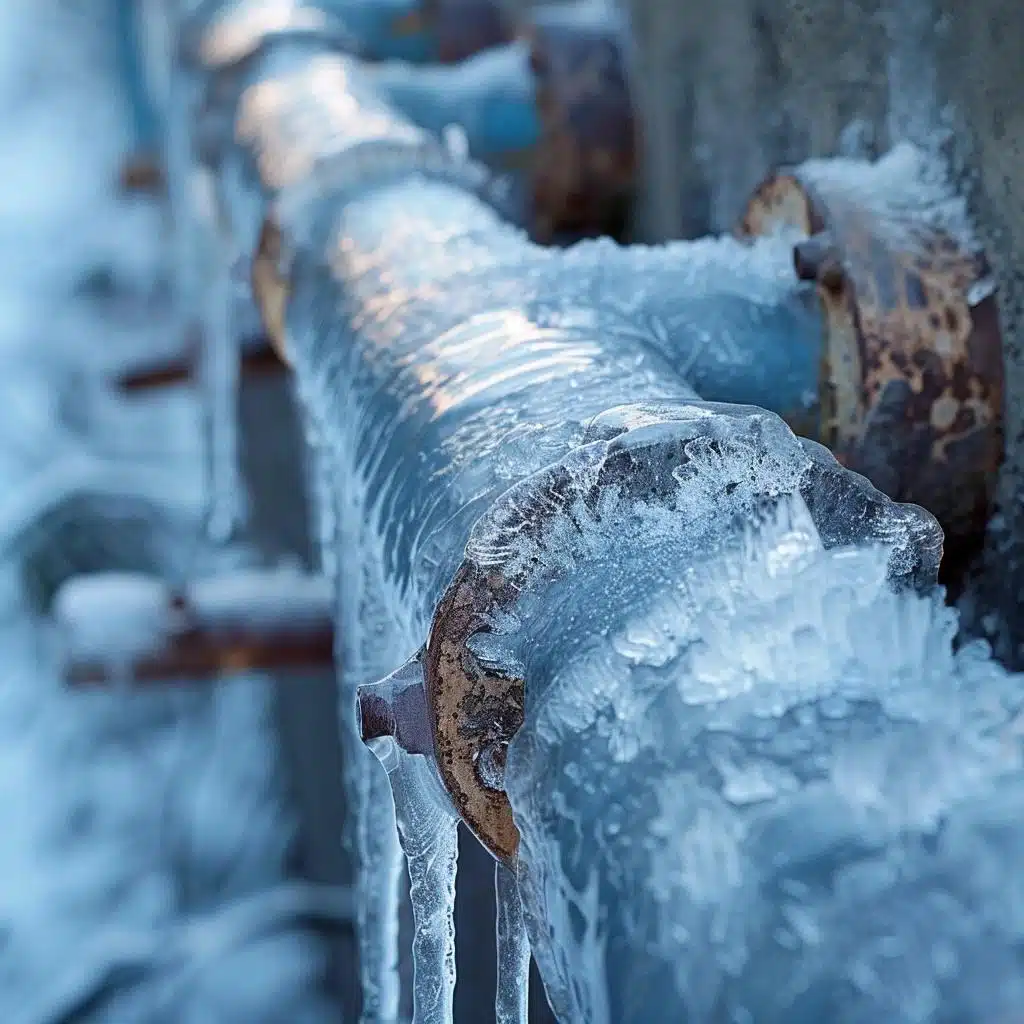Avoiding Frozen Pipes in Winter: Key Strategies
Avoiding Frozen Pipes in Winter: Key Strategies
Blog Article
We've come across this article relating to Prevent Frozen Pipes down the page on the internet and believe it made good sense to write about it with you over here.

Cold weather can wreak havoc on your pipes, specifically by freezing pipes. Below's just how to avoid it from happening and what to do if it does.
Intro
As temperatures decrease, the risk of icy pipelines rises, potentially resulting in expensive fixings and water damages. Understanding just how to stop icy pipes is essential for homeowners in cold environments.
Comprehending Icy Pipes
What causes pipes to ice up?
Pipes ice up when subjected to temperature levels listed below 32 ° F (0 ° C) for extended durations. As water inside the pipes freezes, it expands, putting pressure on the pipe walls and possibly creating them to rupture.
Dangers and damages
Icy pipelines can result in supply of water disruptions, residential or commercial property damages, and costly repairs. Ruptured pipes can flood homes and create substantial structural damage.
Indicators of Frozen Pipes
Determining icy pipelines early can avoid them from bursting.
Exactly how to identify frozen pipelines
Seek decreased water flow from faucets, unusual smells or noises from pipes, and noticeable frost on revealed pipes.
Prevention Tips
Insulating vulnerable pipes
Cover pipelines in insulation sleeves or utilize warmth tape to protect them from freezing temperature levels. Concentrate on pipelines in unheated or outside areas of the home.
Home heating strategies
Maintain indoor rooms appropriately heated up, particularly areas with pipes. Open closet doors to enable warm air to circulate around pipes under sinks.
Securing Outside Plumbing
Garden hose pipes and exterior faucets
Separate and drain yard hose pipes prior to winter months. Set up frost-proof spigots or cover outside faucets with shielded caps.
What to Do If Your Pipes Freeze
Immediate activities to take
If you suspect frozen pipelines, keep taps open to soothe pressure as the ice thaws. Utilize a hairdryer or towels taken in hot water to thaw pipes slowly.
Long-Term Solutions
Architectural changes
Consider rerouting pipes away from outside wall surfaces or unheated locations. Include additional insulation to attic rooms, basements, and crawl spaces.
Upgrading insulation
Buy high-quality insulation for pipes, attics, and wall surfaces. Proper insulation assists keep constant temperatures and minimizes the danger of icy pipelines.
Final thought
Preventing icy pipes calls for positive actions and fast responses. By understanding the causes, indicators, and safety nets, house owners can protect their pipes throughout cold weather.
Helpful Tips to Prevent Frozen Pipes this Winter
UNDERSTANDING THE BASICS: WHY PIPES FREEZE AND WHY IT’S A PROBLEM
Water freezing inside pipes is common during the winter months, but understanding why pipes freeze, and the potential problems it can cause is crucial in preventing such incidents. This section will delve into the basics of why pipes freeze and the associated problems that may arise.
THE SCIENCE BEHIND FROZEN PIPES
When water reaches freezing temperatures, it undergoes a physical transformation and solidifies into ice. This expansion of water as it freezes is the primary reason pipes can burst. As the water inside the pipe freezes, it expands, creating immense pressure on the walls. If the pressure becomes too great, the pipe can crack or rupture, leading to leaks and water damage.
FACTORS THAT CONTRIBUTE TO PIPE FREEZING
Low Temperatures: Extremely cold weather, especially below freezing, increases the risk of pipes freezing. Uninsulated or Poorly Insulated Pipes: Pipes located in unheated areas, such as basements, crawl spaces, or attics, are more prone to freezing. Insufficient insulation or lack of insulation altogether exacerbates the problem. Exterior Wall Exposure: Pipes running along exterior walls are susceptible to freezing as they encounter colder temperatures outside. Lack of Heating or Temperature Regulation: Inadequate heating or inconsistent temperature control in your home can contribute to frozen pipes. PROBLEMS CAUSED BY FROZEN PIPES
- Pipe Bursting: As mentioned earlier, the expansion of water as it freezes can cause pipes to burst, resulting in significant water damage.
- Water Damage: When pipes burst, it can lead to flooding and water damage to your property, including walls, ceilings, flooring, and personal belongings.
- Structural Damage: Prolonged exposure to water from burst pipes can compromise the structural integrity of your home, leading to costly repairs.
- Mold and Mildew Growth: Excess moisture from water damage can create a favorable environment for mold and mildew growth, posing health risks to occupants.
- Disrupted Water Supply: Frozen pipes can also result in a complete or partial loss of water supply until the issue is resolved.
WHY CERTAIN PIPES ARE MORE PRONE TO FREEZING
- Location: Pipes located in unheated or poorly insulated areas, such as basements, crawl spaces, attics, or exterior walls, are at higher risk of freezing.
- Exterior Pipes: Outdoor pipes, such as those used for irrigation or exposed plumbing, are particularly vulnerable to freezing as they are directly exposed to the elements.
- Supply Lines: Pipes that carry water from the main water supply into your home, including the main water line, are critical to protect as freezing in these lines can affect your entire plumbing system.
- Underground Pipes: Pipes buried underground, such as those connected to sprinkler systems or outdoor faucets, can be susceptible to freezing if not properly insulated.
https://busybusy.com/blog/helpful-tips-to-prevent-frozen-pipes-this-winter/

I'm just very intrigued by Winter Plumbing Precautions: Preventing Frozen Pipes and I really hope you appreciated my blog entry. Liked our content? Please quickly share it. Let other people locate it. Thanks a bunch for being here. Kindly stop by our website back soon.
Book Service Report this page